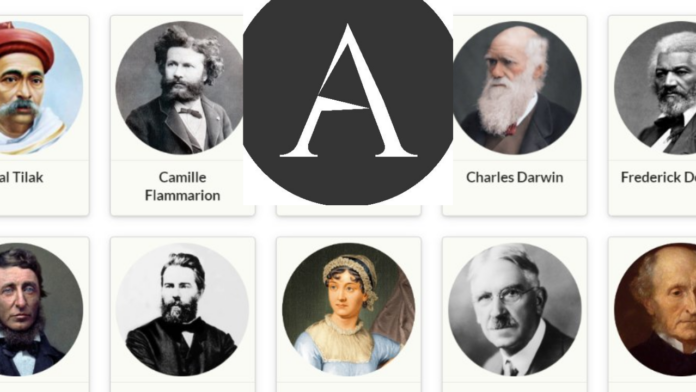Alexandria, a decentralised content platform, has unveiled a major update, bringing a fresh dimension to how users engage with content. The latest development introduces the ICP Upload Feature, allowing users to create their own canister, host a personalised profile, and experience significantly faster loading speeds. This move reinforces Alexandria’s commitment to self-sovereignty, giving users greater control over their digital footprint.
This update marks a shift towards a decentralised model where content ownership is truly in the hands of creators. With the new feature, users are not just consumers; they become active participants in maintaining and managing their digital presence. The introduction of canister creation opens up a range of possibilities, providing a personal, independent space within the ecosystem. It’s a step towards cutting out intermediaries, ensuring that interactions remain direct and free from external influence.
Hosting a personal profile takes user autonomy a step further. Instead of relying on third-party platforms with unpredictable policies, users can establish a stable, lasting presence. Content creators, in particular, stand to benefit, as they can now operate in an environment that prioritises longevity and ownership. The shift also enhances security, reducing dependence on centralised entities that may alter or remove content without warning.
Speed is another key highlight of the update. The 10X faster loading times significantly improve the user experience, ensuring that content is accessible without delays. This improvement is particularly crucial for creators and audiences who rely on seamless interactions. In a digital landscape where time is a valuable resource, this enhancement could prove to be a game-changer.
A crucial element of the update is the mechanism involving $LBRY and Cycles. Users burn these tokens as part of the process, embedding a tangible economic layer into the system. This approach aligns with Alexandria’s vision of a sustainable, tokenised ecosystem, reinforcing value exchange within the platform. The integration of this mechanism not only strengthens the ecosystem’s foundation but also adds a layer of engagement for users invested in its growth.
The broader implications of this update extend beyond the technical aspects. It signals a clear intention to push for greater decentralisation, ensuring that users are not merely passive participants but active stakeholders. By offering tools for self-sovereignty, Alexandria is reinforcing its stance on digital independence, a crucial factor in an era where content ownership is frequently challenged.
This development aligns with the evolving expectations of digital communities. The ability to create and host independently fosters a sense of permanence that is often missing from traditional platforms. In a landscape where algorithm-driven visibility can determine success or obscurity, Alexandria’s approach offers an alternative that prioritises control and transparency.
The platform’s latest feature taps into a growing demand for direct ownership, eliminating the reliance on opaque monetisation models. With greater autonomy, creators and users alike can shape their digital presence on their own terms. The ability to burn $LBRY and Cycles introduces a unique economic element, reinforcing the platform’s vision of a decentralised, user-driven content network.
This update is more than just a functional improvement; it represents a deeper commitment to digital sovereignty. Alexandria continues to build on its foundation, providing tools that empower users rather than dictate their experiences. As more users explore the potential of the ICP Upload Feature, the shift towards a decentralised content economy gains momentum. The message is clear—ownership, speed, and control are at the forefront of Alexandria’s evolution.


